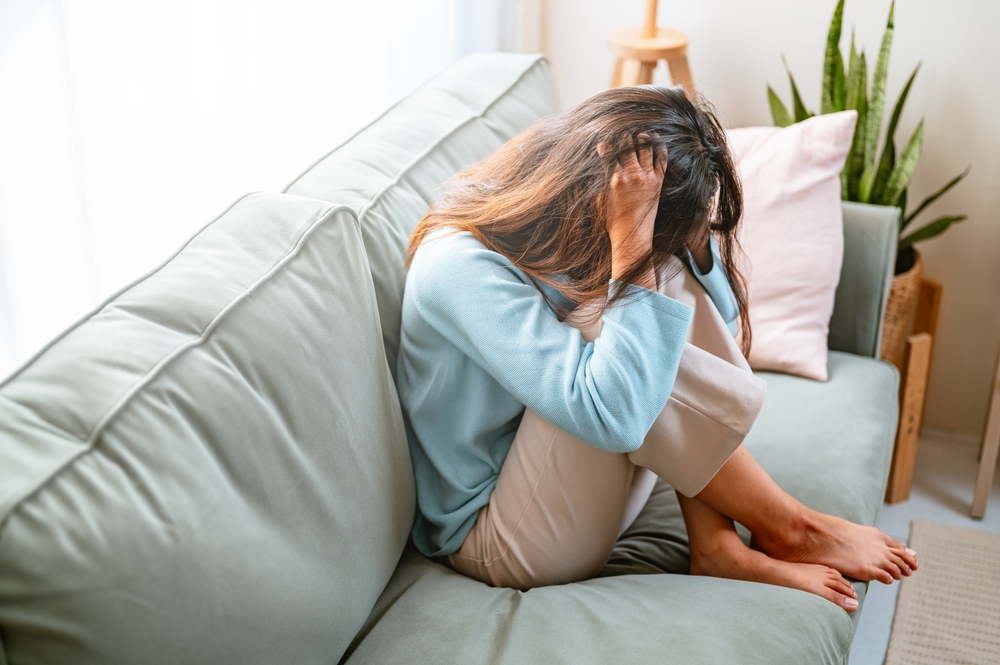When it comes to mental health, sleep is often one of the most overlooked pieces of the puzzle. While therapy, medication, and lifestyle changes are important components of psychiatric care, sleep plays a quiet but powerful role in helping the brain and body stay balanced.
Whether you’re managing anxiety, depression, ADHD, or mood swings, the quality and consistency of your sleep can significantly affect your symptoms, for better or for worse. That’s why sleep isn’t just a wellness topic. It’s a cornerstone of psychiatric stability.
Why Sleep Matters for Mental Health
Sleep is not just about rest, it’s a time when the brain restores itself. During sleep, the body regulates hormones, consolidates memories, processes emotions, and prepares for the challenges of the next day. Without adequate sleep, even people without a mental health diagnosis may experience irritability, poor concentration, low mood, or impulsivity.
For those already managing a mental health condition, disrupted sleep can intensify symptoms, interfere with treatment, and make it harder to maintain daily functioning. Over time, chronic sleep issues may even contribute to relapse or new symptoms emerging.
Sleep and Psychiatric Conditions: What We Know
Many mental health conditions are directly tied to sleep difficulties. Here are a few common examples:
Anxiety
Racing thoughts and physical tension often make it difficult to fall asleep or stay asleep. At the same time, poor sleep can increase anxious feelings during the day—creating a cycle that’s hard to break.
Depression
Some people with depression experience insomnia, while others oversleep but still feel unrefreshed. Either pattern can worsen feelings of hopelessness, fatigue, or disconnection.
ADHD
Sleep disturbances are common in both teens and adults with ADHD. Difficulty winding down at night, inconsistent sleep schedules, and poor sleep quality can impact focus and emotional regulation the next day.
Bipolar Disorder
Sleep is often a key warning sign in bipolar disorder. Decreased need for sleep may signal a manic episode, while hypersomnia can be part of depressive episodes. Supporting healthy sleep patterns is essential to maintaining stability.
Signs That Sleep May Be Affecting Your Mental Health
You don’t need a sleep disorder to be impacted by poor rest. If you’re noticing any of the following, it may be time to look more closely at your sleep patterns:
- Trouble falling or staying asleep
- Feeling tired even after a full night of sleep
- Increased irritability or emotional sensitivity
- Trouble focusing or remembering things
- Greater reliance on caffeine or stimulants during the day
- Mood swings or worsening of existing symptoms
Sleep and mental health are closely connected. Addressing one often improves the other.
Improving Sleep for Psychiatric Wellness
While there’s no one-size-fits-all solution, there are several strategies that can support better sleep, especially when used consistently:
1. Keep a Regular Sleep Schedule
Going to bed and waking up at the same time each day helps regulate your internal clock. Even on weekends, try to keep your routine within the same general range.
2. Create a Wind-Down Routine
Give your brain a chance to shift into rest mode. Turn off screens, dim the lights, and engage in a calming activity such as reading, gentle stretching, or journaling.
3. Limit Stimulants and Late Meals
Caffeine, nicotine, and heavy meals close to bedtime can interfere with sleep quality. Consider cutting off stimulants in the late afternoon and opting for lighter evening snacks.
4. Keep the Sleep Environment Comfortable
A dark, quiet, and cool room tends to promote better rest. Consider using blackout curtains, white noise, or a weighted blanket if they help you feel more relaxed.
5. Talk to Your Provider
If you’ve tried these strategies and still struggle with sleep, it may be worth exploring further. Sleep problems can be caused by medical conditions, medication side effects, or deeper mental health concerns. Your provider can help guide you toward the right next step.
Sleep as Part of Whole-Person Care in Stuart, FL
At Mental Health Haven, we view sleep as a vital part of your mental wellness, not a secondary concern. Whether you’re starting care for the first time or working to fine-tune your treatment plan, we take the time to understand the full picture. That includes how you sleep, how you feel during the day, and how everything connects.
Therapy, medication, lifestyle habits, and sleep hygiene all play a role in psychiatric stability. When these elements work together, healing becomes more sustainable and life starts to feel more manageable. For appointments, call us at 772-302-4352.





